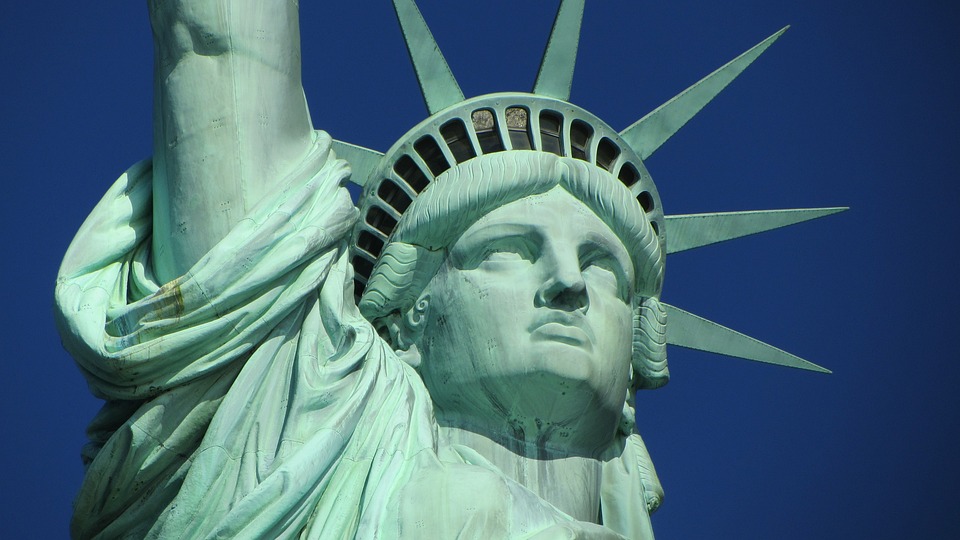
The United States of America is known as the “land of opportunities,” attracting many immigrants and refugees seeking better lives. Unfortunately, immigrants and refugees face a myriad of obstacles, including racial and ethnic disparities, that can impact their experiences and rights in the country. In this essay, we will explore how racial and ethnic disparities affect the experiences and rights of immigrants and refugees in the USA.
Firstly, it is essential to understand the difference between immigrants and refugees. Immigrants are individuals who choose to leave their country of origin to settle in a new country, while refugees are individuals who flee their home country due to persecution, war, or violence. The distinction is significant because refugees often come to the USA with little to no resources, while immigrants may have more resources available to them.
Racial and ethnic disparities refer to unequal treatment of individuals based on their race or ethnicity. In the USA, racial and ethnic disparities exist in many areas of society, including employment, healthcare, education, and criminal justice. Unfortunately, these disparities can also affect the experiences and rights of immigrants and refugees.
One significant impact of racial and ethnic disparities on immigrants and refugees is employment. Immigrants and refugees often face significant challenges in finding employment due to language barriers, lack of education, and discrimination. According to the Migration Policy Institute, refugees have a higher unemployment rate than other groups of immigrants in the USA, with some estimates as high as 50 percent. Moreover, when immigrants and refugees do find employment, they often face lower wages and poor working conditions, which can impact their overall well-being and ability to succeed in the country.
Another impact of racial and ethnic disparities on immigrants and refugees is healthcare. Immigrants and refugees often face significant barriers to accessing healthcare in the USA. These barriers include language barriers, lack of health insurance, and discrimination. The lack of healthcare can lead to untreated illnesses and diseases, impacting their overall health and well-being. Furthermore, immigrants and refugees are often excluded from government-funded healthcare programs, such as Medicaid, leaving them vulnerable to illness and injury.
Education is also impacted by racial and ethnic disparities for immigrants and refugees. Many immigrant and refugee children face significant challenges in accessing quality education due to language barriers, lack of resources, and discrimination. Moreover, the education system in the USA often does not provide adequate support for students who do not speak English as their first language, which can lead to lower academic achievement and opportunities for immigrants and refugees.
Criminal justice is another area where racial and ethnic disparities impact the experiences and rights of immigrants and refugees. Immigrants and refugees often face discrimination and bias within the criminal justice system, which can lead to unfair treatment and unequal access to justice. For example, many immigrants and refugees may face deportation or detention for minor offenses, leading to significant consequences for their lives and families.
Furthermore, the current political climate in the USA has also impacted the experiences and rights of immigrants and refugees. The current administration has implemented policies that restrict immigration and make it more challenging for refugees to gain asylum in the USA. These policies have created fear and uncertainty for many immigrants and refugees, impacting their mental health and well-being.
In conclusion, racial and ethnic disparities have a significant impact on the experiences and rights of immigrants and refugees in the USA. Immigrants and refugees face significant challenges in employment, healthcare, education, and criminal justice due to discrimination and bias. Additionally, the current political climate has created fear and uncertainty for many immigrants and refugees. It is essential that the USA address these disparities and create a more inclusive and equitable society for all individuals, regardless of their race or ethnicity.







